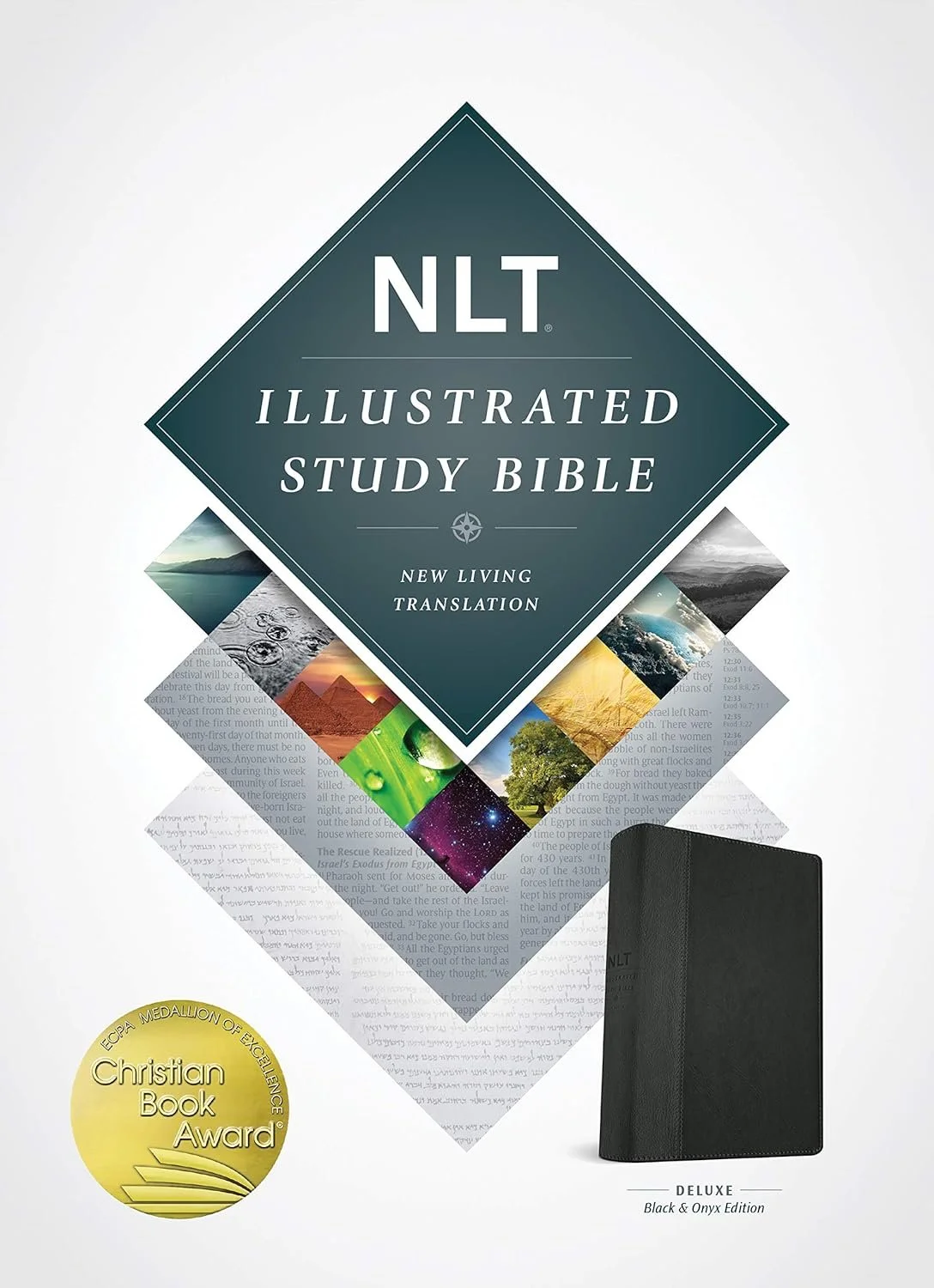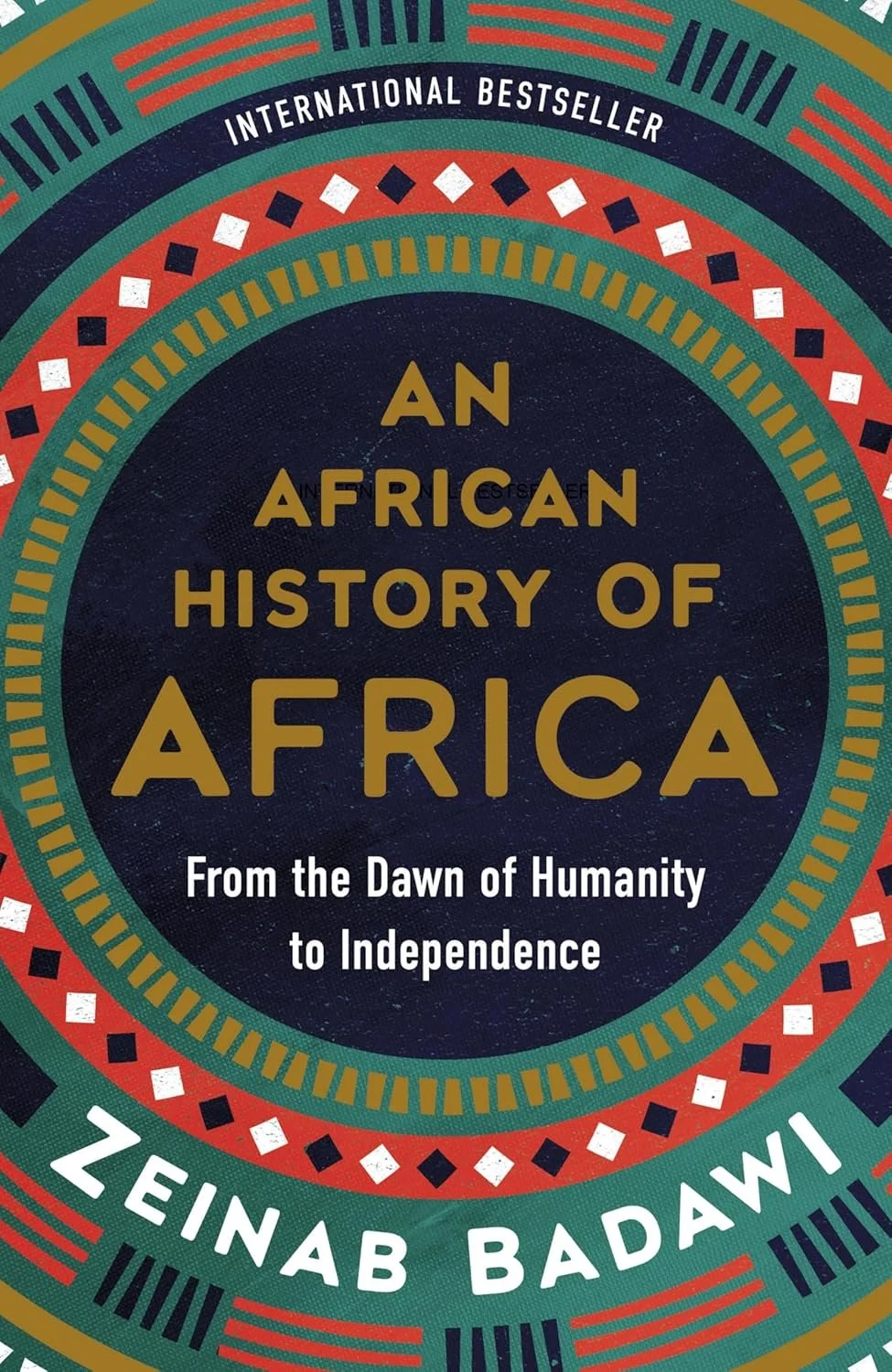Our Homeschool Library
These are some of the titles in our growing library. Some we have devoured. Others we’ve only flipped through. And others I highly recommend. This is a growing list, so please be patient with updates as we continue to learn. I’ve tried to organize them by subject matter.
BIBLICAL STUDIES
Biblical Studies is the academic field that explores the Bible—its content, history, languages, contexts, and interpretations. It involves analyzing biblical texts using tools from history, literature, theology, and archaeology to better understand their meaning and significance within their original settings and for modern readers.
AFRICAN STUDIES
African Studies examines the history, cultures, languages, politics, economies, and societies of the African continent. It draws from disciplines such as anthropology, history, literature, political science, and sociology to provide a deeper understanding of Africa’s diverse peoples and global contributions.
AFRICAN AMERICAN HISTORY
African American History is the study of the experiences, contributions, and struggles of African Americans from the transatlantic slave trade to the present. It explores themes such as slavery, emancipation, civil rights, cultural achievements, and ongoing efforts toward racial justice in the United States.


